Publications
Articles, publications, books, tools and multimedia features from the U.S. Institute of Peace provide the latest news, analysis, research findings, practitioner guides and reports, all related to the conflict zones and issues that are at the center of the Institute’s work to prevent and reduce violent conflict.
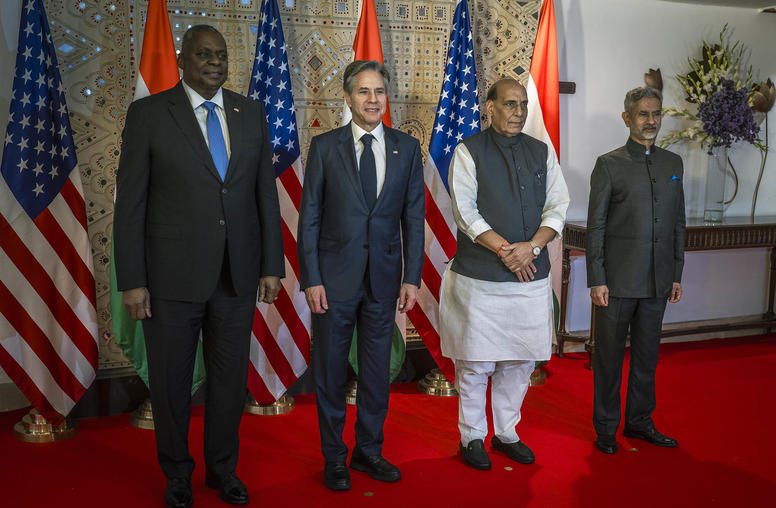
Ahead of Biden-Xi Meeting, U.S. Administration Keeps Focus on the Indo-Pacific
With the world’s attention on the Middle East, U.S. leaders highlighted a continued focus on the Indo-Pacific over the last two weeks heading into the Asia-Pacific Economic Cooperation (APEC) summit in San Francisco.
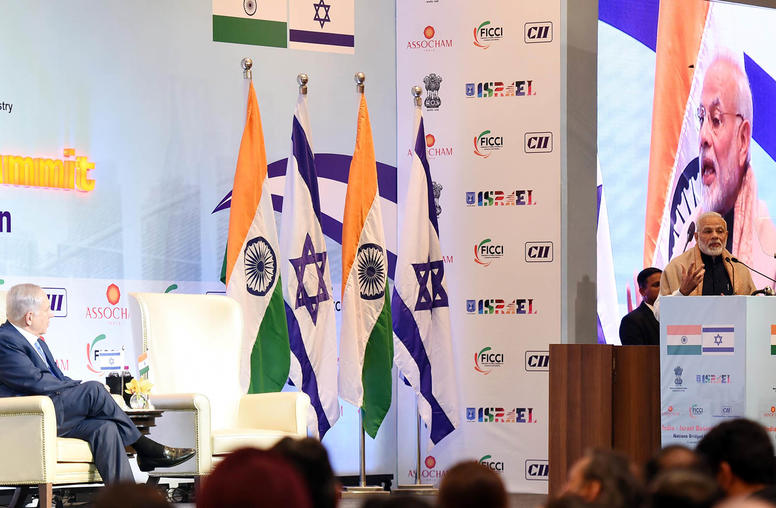
Amid War in the Middle East, India-Israel Ties Reach New Milestone
India’s official response to the Israel-Hamas war reflects a meaningful and likely durable strategic tilt toward Israel by Prime Minister Narendra Modi and his ruling Bharatiya Janata Party (BJP). Yet India’s shift should not be misinterpreted as a broader alignment with the United States or any other “camp” in this bitter contest. The maxim that Indian External Affairs Minister S. Jaishankar has repeated in other fraught geopolitical contexts holds equally true for India’s stance in the Middle East: “Do not think it’s necessary for India to join any axis. India is entitled to make its own choices which will be a balance of its values and interests.”
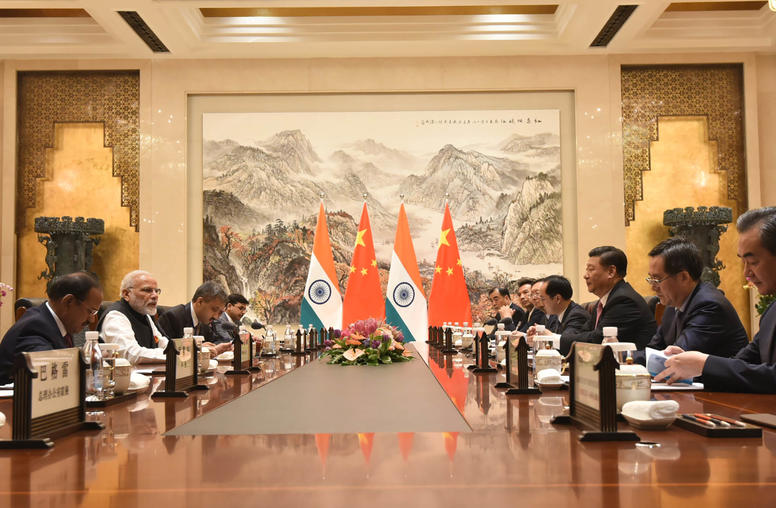
Three Things to Know About China-India Tensions
Relations between the two Asian giants have soured over the last decade, particular following a 2020 border brawl between Indian and Chinese troops in the Galwan Valley. While there are credible concerns that these nuclear powers’ ties are trending in the wrong direction — particularly as both sides continue provocative actions — neither Beijing nor New Delhi wants to see an escalation toward a more serious conflict. For its part, the United States has sought to deepen its security and economic relationship with India as the U.S.-China rivalry intensifies and considers it a vital partner in Washington’s Indo-Pacific strategy.
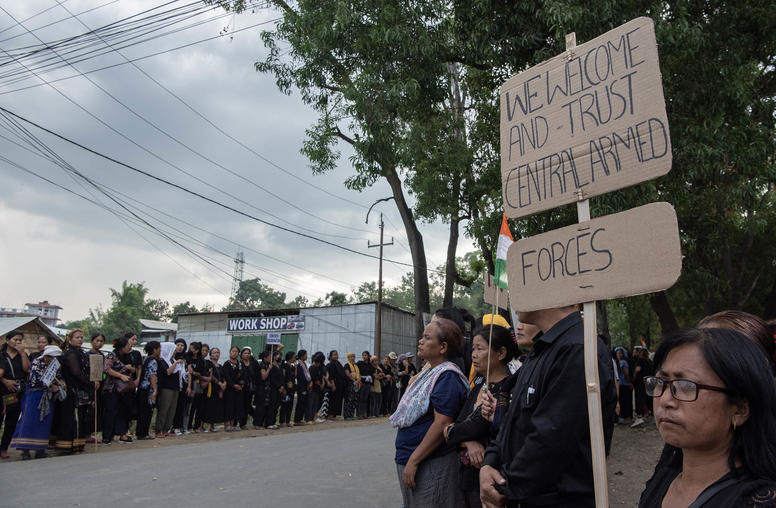
In Northeast India, Manipur’s Violence Echoes Sudan’s Darfur
Rising violence this year threatens to deepen instability in India’s far northeastern region. Ominously, the bloodshed centered in India’s state of Manipur includes elements that were visible in early stages of the 20-year-old conflict in Sudan’s Darfur region. Darfur’s violence has killed or displaced millions of people and helped lead to this year’s civil war across Sudan. Tragically, both countries have seen these disparate conflicts intensify through widened opportunities for ill-governed ethnic militias and for hate speech. These evolutions have hardened local conflicts over land or water into more extreme, venomous warfare between ethnic or religious communities. Darfur’s example underscores the urgent need for responses in Manipur.
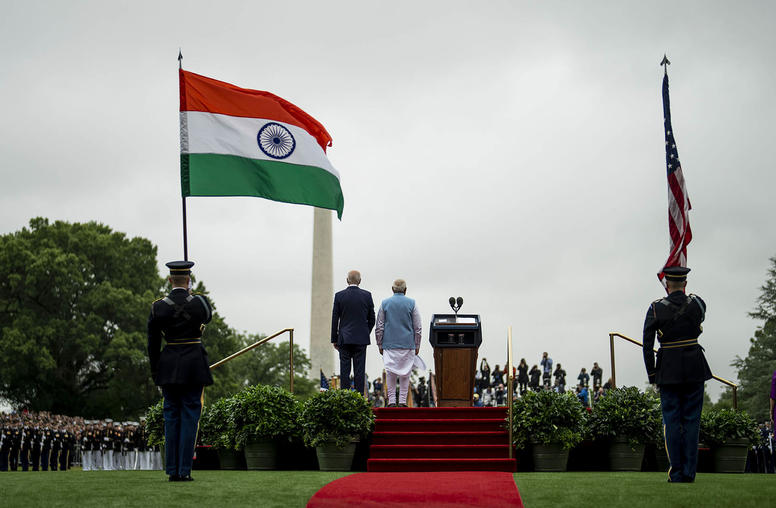
At G20, India Tests Geopolitical Clout Amid Xi’s Absence
World leaders from the Group of 20 (G20) gather this weekend in New Delhi, India, for the intergovernmental forum’s annual summit. Indian Prime Minister Narendra Modi is aiming to leverage the summit to showcase India’s growing international influence. The summit will be center stage for the emerging divisions in world politics and for major powers’ efforts to woo the Global South. Yet, despite this competition, China’s Xi Jinping has opted to not attend the summit in what many see as a snub to rival India. The White House has said it will come to the summit with a “value proposition” for the Global South, focused on multilateral development reform, climate financing, debt relief and technology.
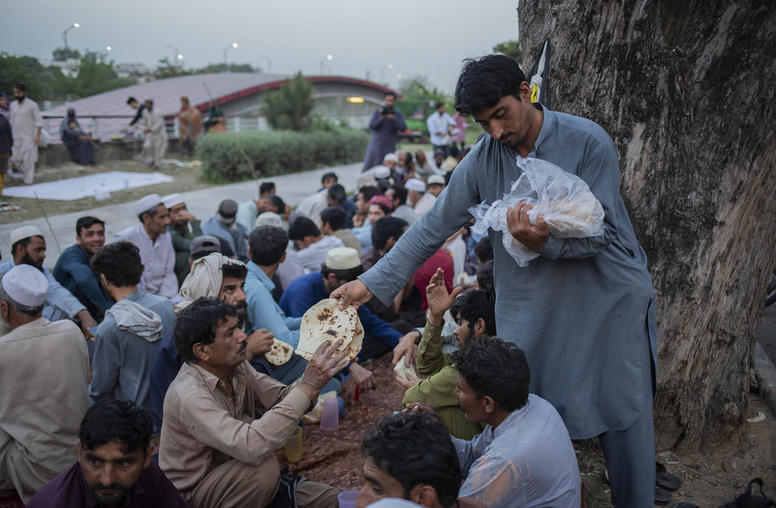
The Promise and Peril of Pakistan’s Economic Recovery Effort
In the first half of 2023, Pakistan appeared to be moving toward a catastrophic economic default. An IMF loan program Pakistan entered into in 2019 had gone off track after the Fund found Islamabad’s commitment to reform lacking, leading to a suspension of loan disbursements. The derailment of the IMF program resulted in a significant drop in the country’s foreign exchange reserves — at one point this year, reserves could only cover about two weeks' worth of imports due to concurrent debt repayment pressure. To avoid defaulting, the government imposed stringent import restrictions in an attempt to control dollar outflows. That caused a major economic shutdown of import-dependent industries, a shortage of essential commodities and surge in inflation.
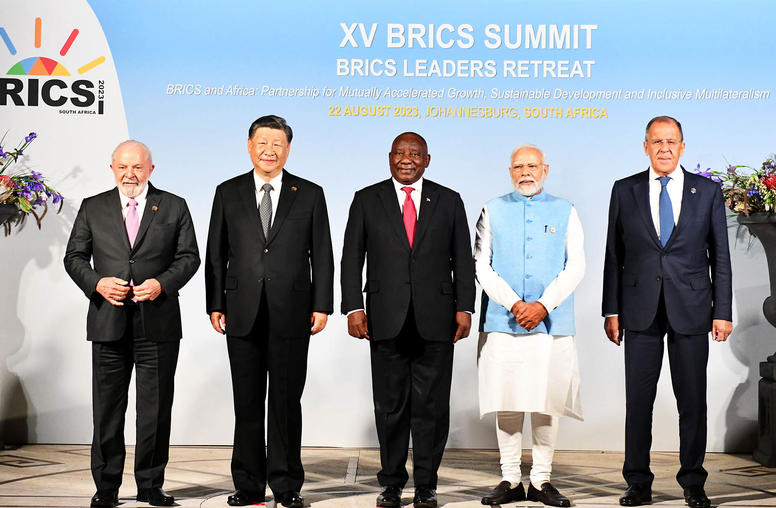
Why the BRICS Summit Could Be a Big Deal
The leaders of the so-called BRICS (Brazil, Russia, India, China and South Africa) are gathering in Johannesburg this week in what is likely to be pivotal meeting for the bloc’s trajectory. Russian President Vladimir Putin will not be attending due to an International Criminal Court warrant. But Moscow and Beijing will be pushing for the group’s expansion in a bid to strengthen the bloc as an alternative to the U.S.-led liberal international order. Over 40 countries have applied to join. But there is division within the five members. Brazil and India fear that expansion will dilute their influence and impact their nonaligned foreign policies.
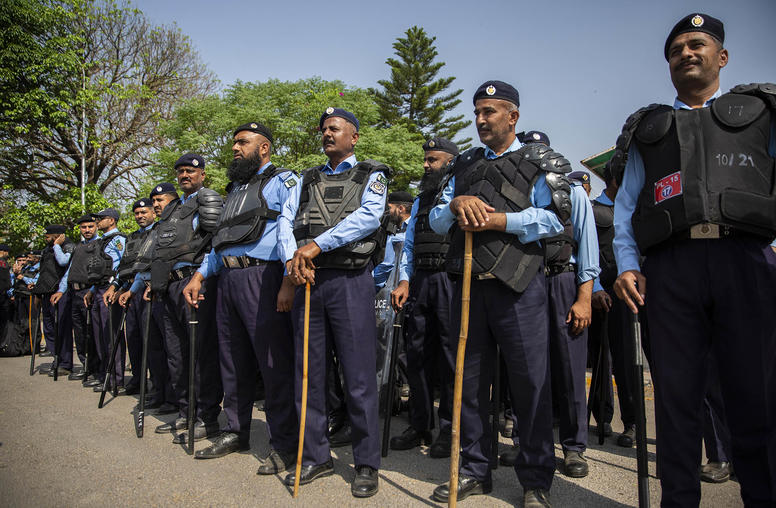
Pakistan’s Parliamentary Period Ends as Election Uncertainty Looms
A five-year parliamentary term just concluded in Pakistan, marking the third such term since the country's 2008 transition from military rule. These past five years were marred by domestic political tumult and an outsized — at times decisive — military role in politics. During this period, Pakistan witnessed two ruling coalitions with different prime ministers: the Imran Khan-led Pakistan Tehreek-e-Insaf (PTI) and allied parties from August 2018 to April 2022, followed by the Shehbaz Sharif-led Pakistan Muslim League Nawaz (PML-N) and allies from April 2022 until this week. Top political leaders also faced legal issues — most recently, Khan was convicted for illegally selling state gifts and disqualified from contesting the election.
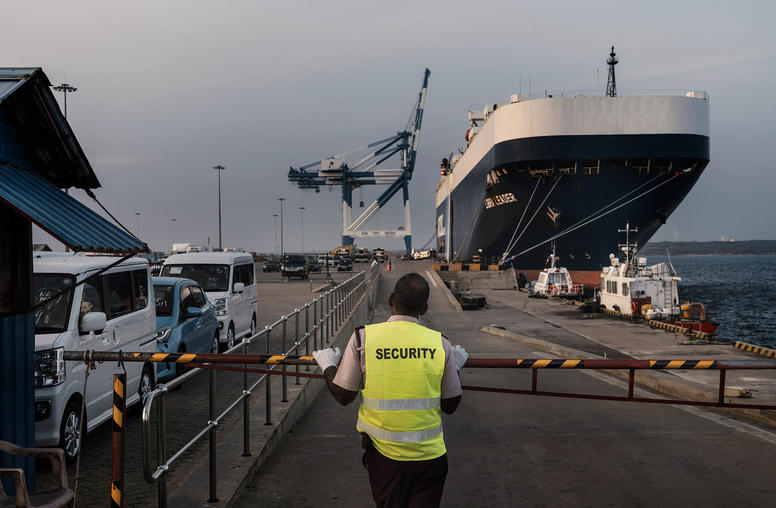
Indian Ocean Basing and Access: How Smaller States Navigate Major Power Competition
In late July, Sri Lankan President Ranil Wickremesinghe traveled to New Delhi to meet with Indian Prime Minister Narendra Modi. The trip addressed several important issues, such as greater connectivity. However, there was one item on the agenda that did not receive much media attention despite its potential impact on Indian Ocean regional security: Sri Lanka’s new standard operating procedure (SOP) to determine which military and non-military ships and aircraft may visit the country.
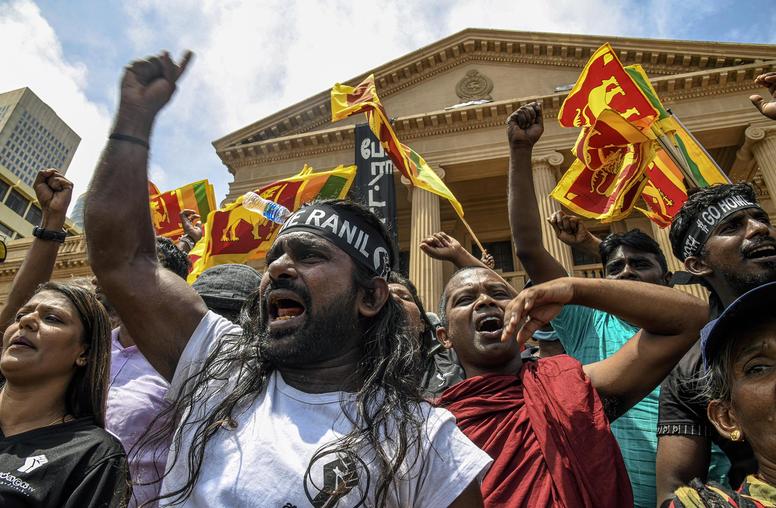
A Year After Mass Protests, Sri Lanka’s Governance Crisis Continues
One year after the Sri Lanka’s massive unrest, known as the Aragalaya protests, the country is still dealing with the aftermath of its most devastating economic crisis since independence, a government without popular support and intensifying geopolitical competition in its neighborhood. The protests, spurred by the economic crisis, led to mass resignations across the government with former President Gotabaya Rajapaksa fleeing the country in July 2022. In the year since, the country has secured an IMF agreement, and its economy has ambled toward a slow path of recovery. However, there have still been concerns on the human rights front as the current government of Ranil Wickremesinghe has clamped down on further protests and continually postponed elections.